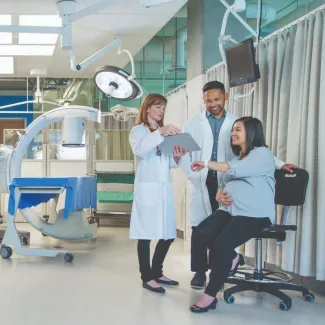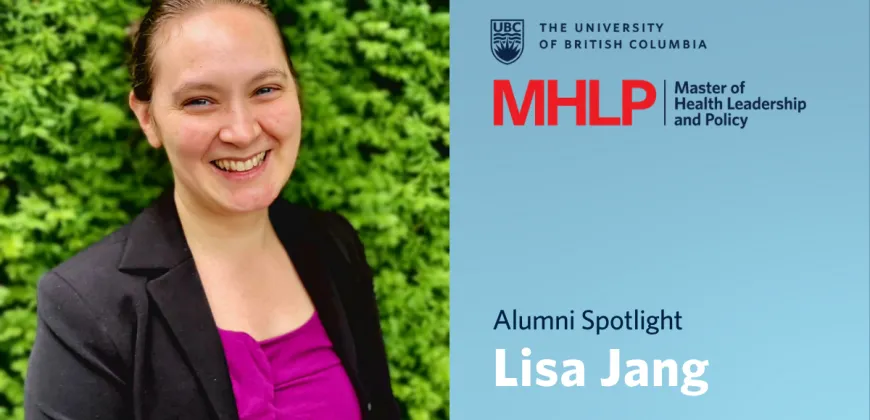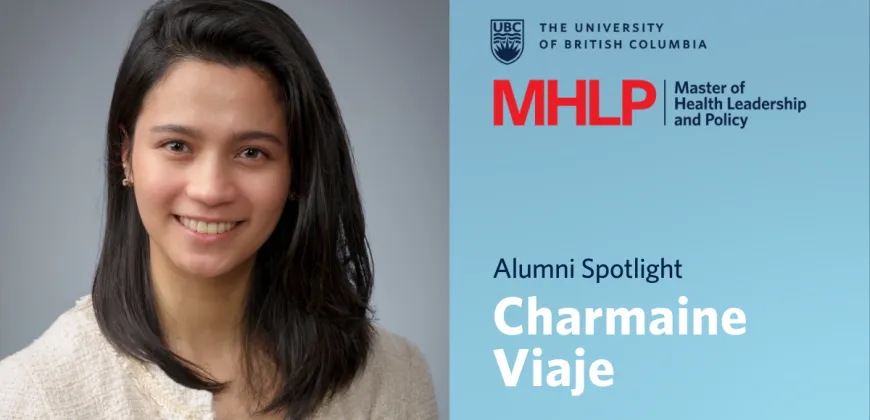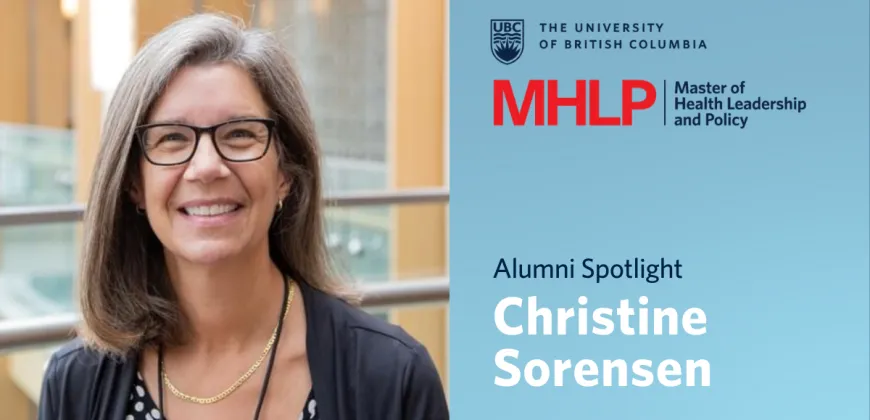Alumni Spotlight: Ellison Chung
An emergency nurse clinician and nursing educator at BCIT, Ellison Chung chose the MHLP in Clinical Education to continue growing his skills as an educator and leader. He’s now working as a clinical education consultant with the Provincial Health Services Authority.
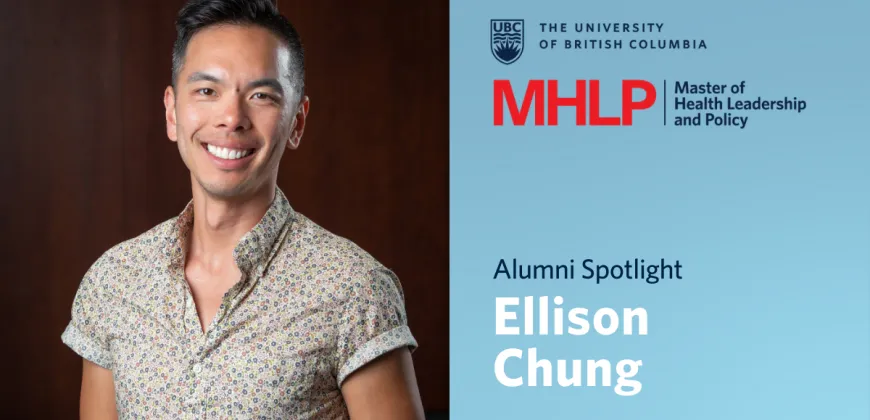
Ellison Chung has more than 13 years of experience as an emergency nurse and has been on faculty with BCIT for seven years, teaching the Emergency Nursing Speciality Program. When he took on some leadership roles during COVID-19, he realized he was eager to deepen his understanding of managing teams and developing curricula.
As he researched master’s programs, none of them quite fit what he was looking for. A master’s degree in nursing didn’t include the leadership component he wanted, and the Master of Health Administration didn’t emphasize education development.
What he liked about the Master of Health Leadership and Policy (MHLP) in Clinical Education was that it combined health care, leadership, and education.
“I saw the value of project management and business development skills from my work in vaccine clinics, but I knew I wanted to remain connected to health care and clinical education.”
Clinical education and change management
Ellison chose the part-time two-year MHLP option to continue working full-time as an educator at BCIT and casually as an emergency room nurse, doing a few shifts a month. During year one, the focus was on business and leadership courses taught through UBC Sauder’s Robert H. Lee Graduate School, while the second year focused on health-care courses taught through the School of Nursing.
The interdisciplinary nature of the curriculum made for a powerful learning experience.
“So much of clinical education and curriculum development is about change and change management,” he says.
“If you are introducing a curriculum to learners – either in a clinical or educational setting – you need to ‘sell it’ and convince them of the importance and value of learning new knowledge and skills or new ways of doing things.”
Ellison says the courses in change management and project management have given him tangible strategies for taking on more complex roles. “I have a new vocabulary and tools at my disposal,” he says.
“Some of it was just being exposed to new ideas, learning the language to talk about these issues, and learning how to get partners involved to build a coalition that can create the kind of change that is needed.”
He also notes that learning to step back and thoughtfully analyze the frameworks used to develop curricula was a helpful exercise with a far-reaching impact. Ellison cites the importance of incorporating Indigenous ways of knowing and equity into health care curricula so all students feel welcome. That sense of connection, he says, is conducive to learning and, ultimately, to improved patient care.
Finally, he says that the student cohort, with its interprofessional mix of nurses, doctors, physiotherapists and social workers, reflected the “reality of working in health care, where you are working with folks from many different professional backgrounds,” which created many opportunities to learn from others.
A practicum on Indigenous self-identification
For his practicum, Ellison worked with the Indigenous Health Unit at the Provincial Health Services Authority (PHSA) on an Indigenous self-identification project.
He explains that Indigenous patients were not consistently accessing specific resources and supports because staff were not necessarily aware that they were Indigenous. Ellison helped work on a new policy that would guide reception staff to ask all patients whether they identify as Indigenous when checking in. Those who do self-identify as Indigenous are connected to resources, programs and Indigenous Patient Navigators as part of an effort to ensure culturally safe care.
“It was very rewarding because we could almost immediately see the positive results of developing and implementing this policy,” he says.
A clinical education consultant
In April, Ellison will start working as a clinical education consultant for the PHSA, responsible for curriculum development and review through the lens of equity and inclusion.
“I’ll be looking at existing materials and how new staff who come to the PHSA can be educated through that lens,” he says. “I believe it will be a fantastic opportunity to make a difference.”
Reflecting on his MHLP experience, Ellison says it was everything he wanted it to be.
“I would love more people to take this program because of its unique blend of business, health care and education,” he says. “It’s so rare to find a program that brings those three elements together and makes for a powerful mix.”
–
Take the steps to join the next cohort of healthcare leaders. If you haven’t already, assess your eligibility and sign up for the upcoming information session to learn how to submit a strong application. Learn more about this innovative master’s program:
